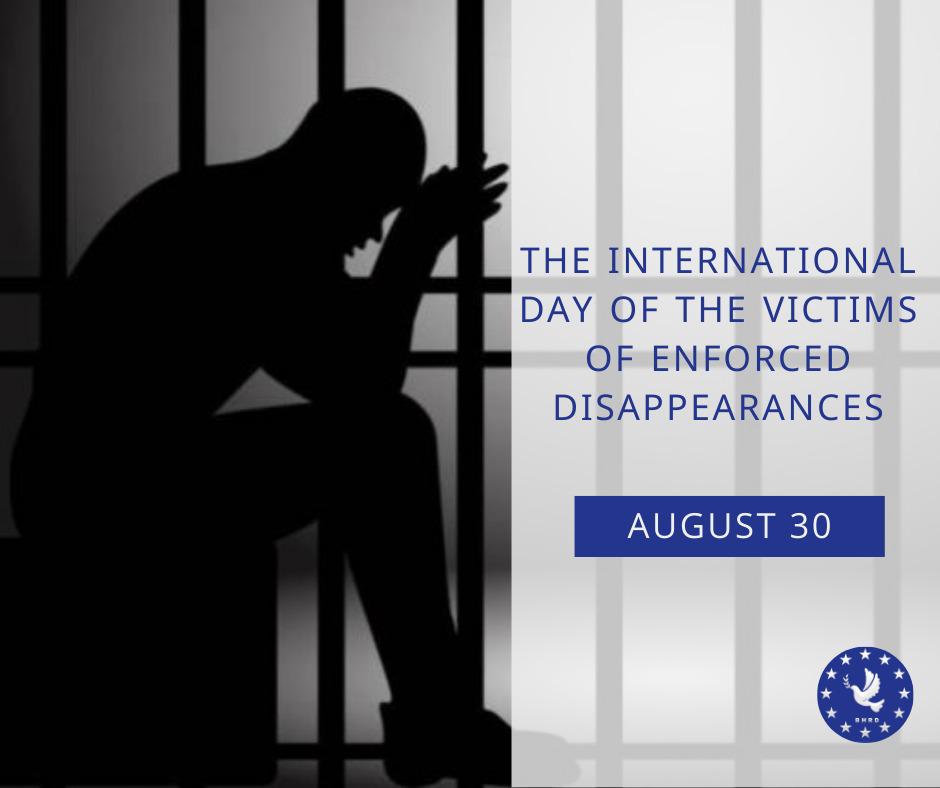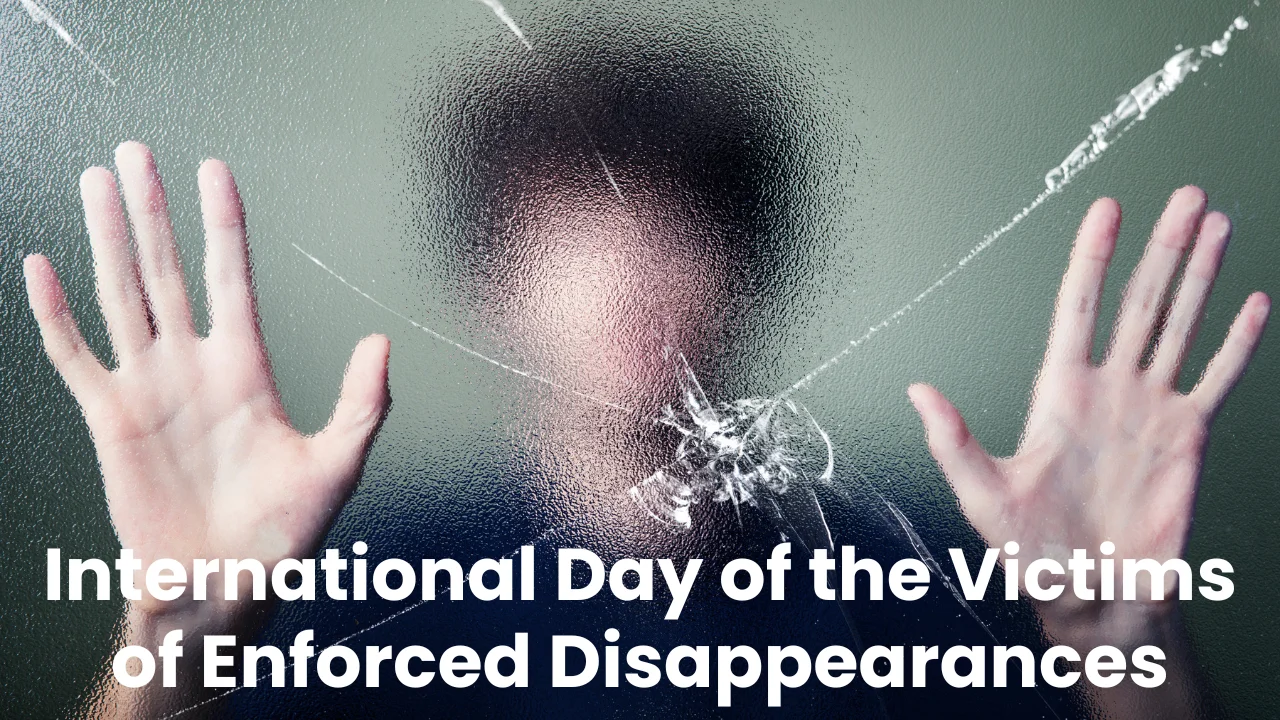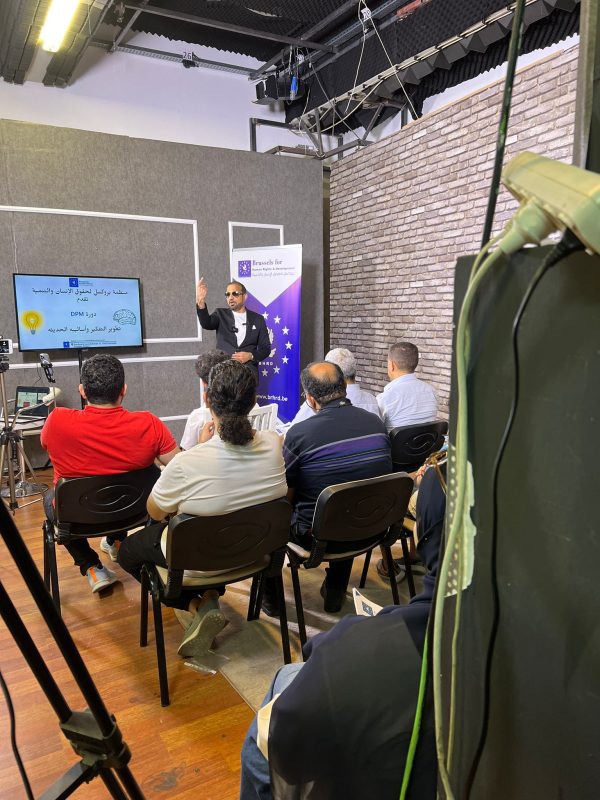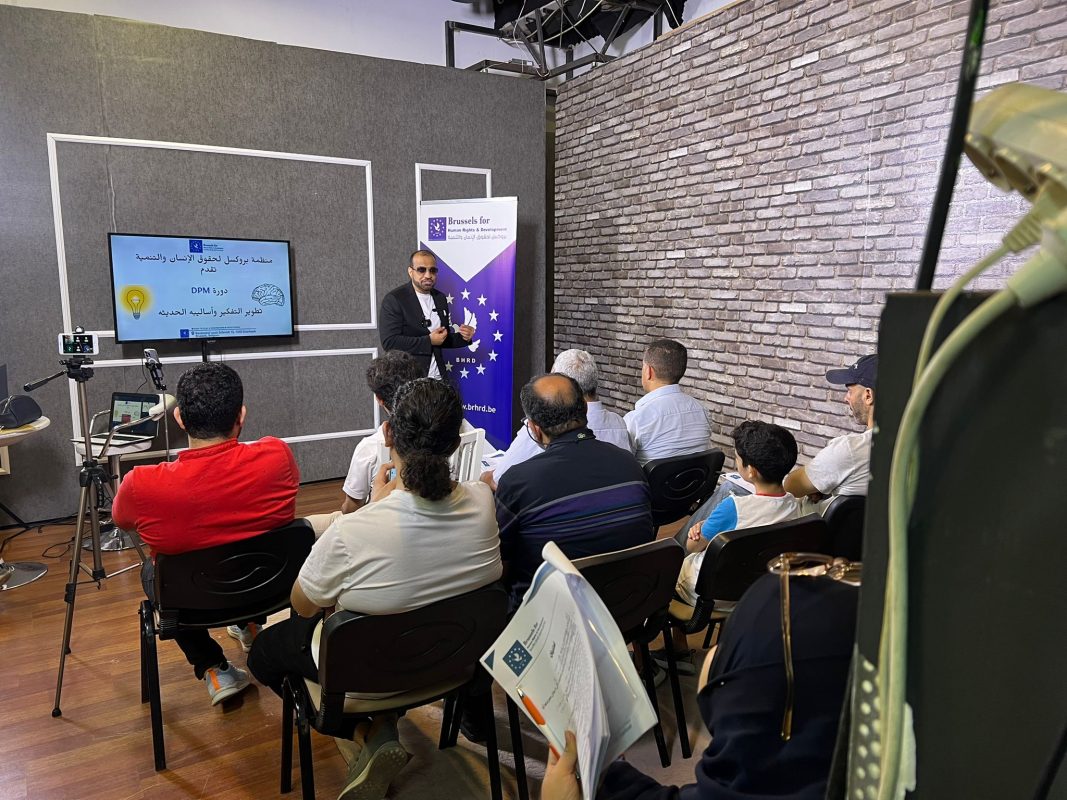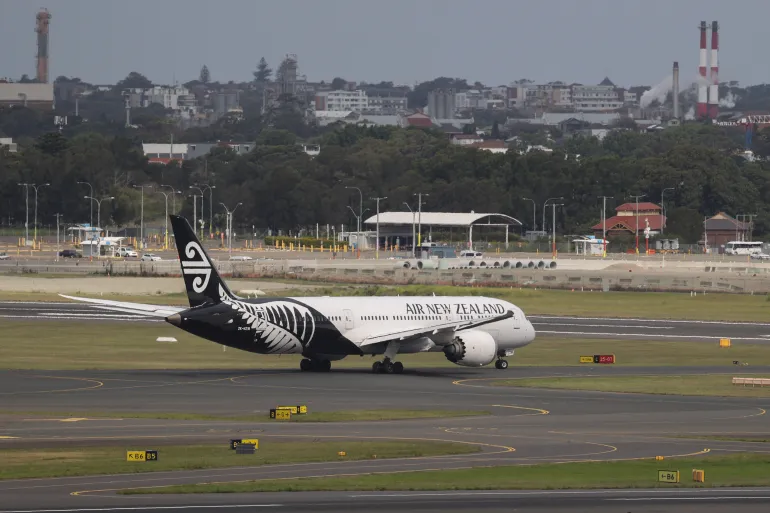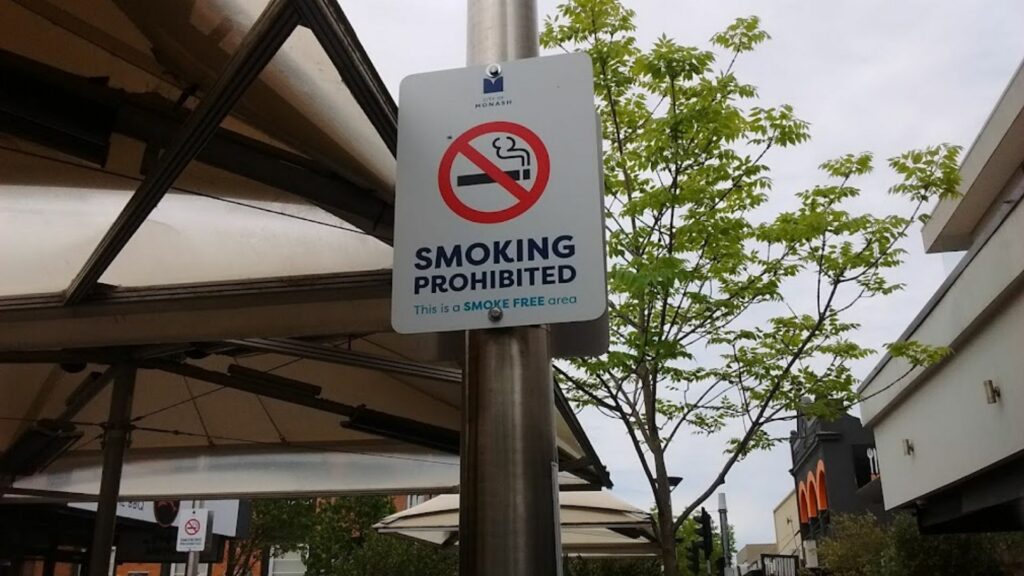On the International Day of the Victims of Enforced Disappearances, the ngo-Brusseles for Human Rights”BRHRD” stands with all victims of the crime of enforced disappearance, and we call upon those who perpetrate this crime to immediately cease the practice and return victims to their families.
Category Archives: News
Every year on August 30th, the world observes the International Day of the Victims of Enforced Disappearances, a day dedicated to remembering those who have been secretly abducted or imprisoned, often by state agents, and whose fates remain unknown. This day, established by the United Nations, serves as a powerful reminder of the thousands of individuals who have vanished without a trace, leaving their families in a state of perpetual anguish.
Enforced Disappearances: A Grave Human Rights Violation
Enforced disappearances are not just acts of kidnapping; they represent a severe violation of multiple human rights, including the right to security, freedom from torture, and even the right to life. These disappearances are often used as tools of political repression, silencing dissent and instilling fear within communities. Governments or their agents, who perpetrate these acts, typically deny the detention of the victims or refuse to disclose their whereabouts, effectively placing them outside the protection of the law.
The Human Cost
For the families of the disappeared, the pain is immeasurable. They are left in a state of limbo, unable to mourn, uncertain whether their loved ones are alive or dead. This uncertainty can lead to prolonged psychological suffering, exacerbated by the lack of closure or justice. Moreover, enforced disappearances often leave families economically destitute, particularly when the disappeared person was the primary breadwinner.
A Global Issue
While enforced disappearances are often associated with dictatorial regimes, they are a global issue affecting numerous countries, including those in conflict zones or under authoritarian rule. The international community has recognized the severity of this crime, leading to the adoption of instruments such as the International Convention for the Protection of All Persons from Enforced Disappearance, which aims to prevent such violations and ensure justice for victims.
Brussels for Human Rights: Standing in Solidarity
At Brussels for Human Rights, we stand with the victims of enforced disappearances and their families, offering our unwavering support and solidarity. We call on governments around the world to fully implement international conventions, ensure accountability, and provide reparations to the victims and their families. On this International Day of the Victims of Enforced Disappearances, we urge the global community to unite in the fight against this heinous practice and to work tirelessly towards a world where no one has to live in fear of being disappeared.
Join Us in the Fight for Justice
We invite you to join us in raising awareness about enforced disappearances and advocating for stronger protections against this crime. Together, we can ensure that the voices of the disappeared are heard and that their families receive the justice they deserve.
Flag carrier cites lack of newer fuel-efficient aircraft and alternative jet fuels as reasons for not meeting the target.
Published On: 30 July 2024
Source: Al Jazeera and news agencies
Air New Zealand has abandoned its 2030 carbon emissions targets, citing the unavailability of newer fuel-efficient aircraft and alternative jet fuels.
Air New Zealand Chief Executive Greg Foran announced on Tuesday that potential delays in the airline’s fleet renewal plan posed “an additional risk to the target’s achievability.”
“The airline may need to retain its existing fleet longer than planned due to global manufacturing and supply chain issues that could potentially slow the introduction of newer, more fuel-efficient aircraft into the fleet,” Foran said in a statement. “Given so many levers needed to meet the target are outside our control, the decision has been made to retract the 2030 target and withdraw from the SBTi network immediately.”
The airline will also withdraw from the Science Based Targets Initiative (SBTi), which assists companies in reducing emissions in line with the Paris Agreement.
New Zealand’s flagship airline is considering a new near-term carbon emissions reduction target that would better reflect the industry’s challenges related to aircraft and alternative jet fuel availability.
Air New Zealand Chair Therese Walsh reaffirmed the airline’s commitment to achieving net zero carbon emissions by 2050.
“Our work to transition away from fossil fuels continues, as does our advocacy for the global and domestic regulatory and policy settings that will help facilitate Air New Zealand, and the wider aviation system in New Zealand, to do its part to mitigate climate change risks,” Walsh said.
Air New Zealand initially aimed to reduce overall carbon emissions by 16.3 percent by 2030, compared to a 2019 baseline.
The announcement comes as airlines face longer routes due to the conflicts in Gaza and Ukraine, increasing their demand for emissions-generating fuel.
Read the original Artical
3 July 2024 – Economic Development
A recent report from the UN World Intellectual Property Organization (WIPO) reveals that China-based inventors are leading in the number of generative artificial intelligence (GenAI) patents filed globally. Between 2014 and 2023, over 38,000 GenAI patents originated from China, which is six times more than those filed by inventors in the United States, the second-highest country in this regard.
GenAI: A Revolutionary Technology
Generative AI, or GenAI, enables users to create various content types, including text, images, music, and software code. This technology powers a wide array of industrial and consumer products, such as chatbots like ChatGPT, Google Gemini, and Baidu’s ERNIE.
According to WIPO Director General Daren Tang, “GenAI has emerged as a game-changing technology with the potential to transform the way we work, live, and play.” The WIPO report highlights that since the introduction of deep neural network architecture in 2017, the number of GenAI patents has surged by over 800 percent through 2023, reflecting significant technological advances and the vast potential of GenAI.
Shaping the Future of GenAI
Tang added that by analyzing patenting trends and data, WIPO aims to provide insights into where this rapidly evolving technology is being developed and its future direction. “This can help policymakers shape the development of GenAI for our common benefit and ensure that we continue to put the human being at the center of our innovation and creative ecosystems,” he said.
Key Findings of the Report
The report notes that GenAI patents currently represent 6 percent of all AI patents globally. The top ten applicants for these patents include:
- Tencent (2,074 inventions)
- Ping An Insurance (1,564)
- Baidu (1,234)
- Chinese Academy of Sciences (607)
- IBM (601)
- Alibaba Group (571)
- Samsung Electronics (468)
- Alphabet (443)
- ByteDance (418)
- Microsoft (377)
Geographically, China (38,210 inventions) leads the field, followed by the US (6,276 inventions), Republic of Korea (4,155), Japan (3,409), and India (1,350).
In terms of data types, image and video data dominate GenAI patents (17,996 inventions), followed by text (13,494) and speech or music (13,480). Additionally, patents involving molecule, gene, and protein-based data have grown rapidly, with 1,494 inventions since 2014 and a 78 percent average annual growth over the past five years.
For more details visit the original website
New Data Highlights Severe Risks for Refugees and Migrants
Refugees and migrants continue to face extreme violence, exploitation, and death as they traverse Africa, according to a new report by UNHCR, IOM, and MMC. The report emphasizes the severe dangers on land routes, especially across the Sahara desert, where deaths are estimated to be double those in the Mediterranean Sea.
Abuse and Human Rights Violations
Vincent Cochetel, UNHCR Special Envoy for the Western and Central Mediterranean, highlighted that migrants and refugees, regardless of their status, face serious human rights violations, including torture, physical violence, arbitrary detention, and sexual exploitation. Criminal groups and state officials are often responsible for these abuses.
Push Factors and Insufficient Protection
Push factors include political conflicts, climate change, and racism. Many refugees and migrants lack access to protection and assistance, driving them to take more perilous routes. Despite international commitments, efforts to hold perpetrators accountable are insufficient, leading to near-complete impunity.
Stepping Up Life-Saving Measures
While UNHCR, IOM, and partners have intensified life-saving protection services, they stress that humanitarian action alone is not enough. They call for legal and regular migration channels to enhance migration governance and address the urgent needs of refugees and migrants.
For more details, visit the original article.
WHO Releases First-Ever Tobacco Cessation Guidelines
The UN World Health Organization (WHO) has introduced its first comprehensive guidelines to aid over 750 million adults in quitting tobacco. These guidelines cover a range of treatments, initiatives, and digital interventions designed to help people stop using cigarettes, waterpipes, smokeless tobacco, cigars, roll-your-own tobacco, and heated tobacco products.
WHO Director-General Tedros Adhanom Ghebreyesus heralded this as a significant milestone in the global fight against tobacco, providing countries with essential tools to support individuals in quitting and reducing the global burden of tobacco-related diseases.
Challenges in Quitting Tobacco
Despite 60% of the world’s 1.25 billion tobacco users wanting to quit, many lack access to necessary services due to resource limitations. Rüdiger Krech, Director of Health Promotion at WHO, emphasized the immense strength required to overcome tobacco addiction and the suffering involved for individuals and their families. He noted that the guidelines are designed to help communities and governments provide the best possible support and assistance for those on this challenging journey.
Treatment Options
WHO’s guidelines recommend a combination of pharmacotherapy and behavioral interventions to increase the chances of successfully quitting. Recommended treatments include medications such as varenicline, Nicotine Replacement Therapy (NRT), bupropion, and cytisine. Behavioral support options range from brief counseling sessions with healthcare workers to more intensive individual, group, or phone counseling sessions.
Additionally, WHO suggests using digital interventions such as text messaging, smartphone apps, and internet programs as valuable adjuncts or self-management tools to aid in the quitting process.
Global Implementation and Support
WHO encourages countries to offer these treatments at no or reduced cost to improve accessibility, especially in low- and middle-income countries. The organization also highlights the importance of integrating these guidelines into national health systems to ensure widespread availability and support for those seeking to quit tobacco.
Dr. Tedros highlighted the need for a comprehensive approach, stating, “This guideline marks a crucial milestone in our global battle against these dangerous products. It empowers countries with the essential tools to effectively support individuals in quitting tobacco and alleviate the global burden of tobacco-related diseases.”
Digital Interventions and Broader Impact
The guidelines also emphasize the potential of digital interventions to reach a broader audience. With the increasing use of technology, digital tools such as text messaging, smartphone applications, and online programs offer innovative ways to support individuals in their journey to quit tobacco. These tools can provide continuous support, motivation, and resources, making it easier for individuals to manage their quitting process and stay on track.
For more details, visit the original article.
As “Brussels for Human Rights and Development,” we appreciate the European Commission’s efforts to tackle greenhouse gas emissions from the shipping sector. The draft initiative concerning the reporting of aggregated emissions data at the company level and the determination of emissions data by relevant administering authorities is a promising step toward transparency, accountability, and emissions reduction in this crucial industry. In our role as advocates for human rights, environmental sustainability, and climate action, we’d like to offer detailed feedback to strengthen and improve this initiative:
1. Clarity and Specificity:
We believe that the draft initiative could benefit from greater clarity and specificity regarding the data elements that shipping companies should report. Well-defined guidelines are essential to ensure that reporting is consistent across the industry, leading to more accurate emissions assessments and supporting the transition to a greener maritime sector.
2. Alignment with International Standards:
Considering the global reach of the shipping industry, it’s essential that the proposed rules align with international standards and agreements. We recommend close collaboration with international bodies, such as the International Maritime Organization (IMO), to ensure that EU regulations complement and reinforce global efforts to combat emissions from shipping. This alignment will prevent duplication of efforts and promote a unified approach to emissions reporting.
3. Data Accuracy and Verification:
We believe that the initiative should place a strong emphasis on data accuracy and verification mechanisms. It’s crucial to establish robust procedures for verifying emissions data to ensure that the reported information is credible and reliable. The inclusion of provisions for third-party verification could significantly enhance the trustworthiness of the data.
4. Flexibility and Adaptability:
Recognizing the diverse nature of the shipping industry and the different operational profiles of shipping companies, we suggest allowing flexibility in reporting requirements. Tailoring reporting criteria to accommodate various vessel types, sizes, and operations is essential to ensure that compliance remains feasible and effective across the sector.
5. Correction of Emissions Data:
While it’s important for administering authorities to have the capacity to correct emissions data in specific situations, we urge the establishment of clear and transparent guidelines. It’s paramount to have mechanisms for oversight and accountability in place to prevent any misuse of this authority. Additionally, a robust mechanism for appeals and dispute resolution should be introduced to ensure fairness and protect stakeholders’ rights.
6. Data Privacy and Confidentiality:
Emissions data may contain sensitive business information, trade secrets, and commercially confidential data. To address these concerns, the initiative must find a balance between transparency and the protection of sensitive information. We recommend implementing safeguards and encryption measures to secure commercially sensitive data.
7. Public Access to Data:
While preserving data privacy and confidentiality, we believe the initiative should ensure public access to aggregated emissions data. Providing relevant emissions data to the public can play a crucial role in raising awareness and accountability within the shipping industry. However, safeguards should be in place to prevent the misuse of data for competitive or harmful purposes.
8. Capacity Building and Support:
To ensure effective implementation, we recommend including provisions for capacity building and support for both shipping companies and administering authorities. Technical assistance, guidance, and training should be made available to enhance understanding and compliance with the regulations.
the draft initiative for reporting aggregated emissions data for shipping companies is a commendable step toward mitigating the environmental impact of the maritime sector and aligning with climate action goals. By addressing the feedback provided, we believe that the initiative can be further refined to strike the right balance between specificity, harmonization, flexibility, accountability, and data protection. This balanced approach will be instrumental in achieving the overarching objectives of emissions reduction and climate action, while respecting the rights and interests of all stakeholders involved. We stand ready to collaborate and engage in the finalization of this significant initiative and its subsequent implementation for a more sustainable and environmentally responsible shipping industry.
Heatwaves sweeping large parts of the world offer yet another reminder that extreme weather events boosted by human-induced climate change have become “the new normal”, the UN World Meteorological Organization (WMO) warned on Friday.
Weather agency Spokesperson Clare Nullis said that heat warnings have been issued by many weather services across Europe this week, including in France, Germany, Poland and Switzerland.
Meanwhile, parts of the Middle East were expected to see temperatures over 50 degrees Celsius in the coming days, and Japan was experiencing a “prolonged” heatwave which shattered temperature records.
Wildfires ‘off the charts’
Speaking to reporters about the recent massive wildfires fuelled by the hot and dry conditions in Tenerife in Spain’s Canary Islands, Ms. Nullis highlighted the “many evacuations and much devastation”.
“Unfortunately, that is a picture with which we’ve become all too familiar this summer,” she said.
The WMO Spokesperson also noted that Canada’s record-breaking season was continuing and that it was “completely off the charts” this year. As of 17 August, more than 600 wildfires across the country were out of control, she said.
Even Canada’s far north near the Arctic Circle had not been spared, as a mass evacuation order was in force in the town of Yellowknife in the Northern Territories due to an approaching blaze.
Meanwhile, in the British Columbia town of Lytton, a record temperature of 42.2 degrees Celsius was reached this week, Ms. Nullis said.
Massive rainfall via Hurricane Hilary
WMO also warned that Hurricane Hilary had intensified “very rapidly” to a major category four hurricane off Mexico’s Pacific Coast, “fed by warm ocean surface temperatures”.
Sustained winds of up to 220 kilometres per hour were expected in Mexico’s coastal areas over the weekend. Ms. Nullis noted that, as it was often the case with tropical cyclones, “the threat is not just from the wind but also from water”, and rainfall of up to 152 millimetres was forecast in the affected areas in Mexico.
The usually arid southwest of the United States, including major cities such as San Diego, would also see “a huge amount of rain in a short time”, she said, with a high risk of flash flooding.
WMO climate expert Alvaro Silva commented that “the frequency and intensity of many extremes, such as heatwaves and heavy precipitation, have increased in recent decades”. He noted that it can be said with “high confidence” that human induced climate change from greenhouse emissions is the main driver.
Dramatic impacts for Pacific islands
The southwest Pacific was another region hit hard by the impacts of a warming climate, WMO said, with weather-related disasters “unravelling the fabric of society” there.
According to the UN agency’s latest report, sea level rise threatened the future of low-lying islands, while increasing ocean heat and acidification devastated vulnerable marine ecosystems.
WMO Secretary-General Petteri Taalas said that the El Niño climate pattern will have a major impact on the region this year, bringing higher temperatures, disruptive weather “and more marine heatwaves and coral bleaching”.
Sea level rise accelerating
The WMO report shows that sea-level rise rates in the region were higher than the global rate, reaching approximately four millimetres per year in several areas. It also notes that ocean warming contributes 40 per cent of the observed sea-level rise, “through thermal expansion of seawater”.
The agriculture sector is one of the most-affected by climate-related disasters in the southwest Pacific, WMO said, and enhancing the resilience of food production was a high priority for the region.
Mr. Taalas also stressed that implementing early warning systems was “one of the most effective” ways of reducing damage from climate disasters, as it empowered people to make risk-informed decisions.
A new World Health Organization (WHO) report highlights that 5.6 billion people – 71% of the world’s population – are now protected with at least one best practice policy to help save lives from deadly tobacco – five times more than in 2007.
In the last 15 years since WHO’s MPOWER tobacco control measures were introduced globally, smoking rates have fallen. Without this decline there would be an estimated 300 million more smokers in the world today.
This WHO Report on the global tobacco epidemic, supported by Bloomberg Philanthropies, is focused on protecting the public from second-hand smoke, highlighting that almost 40% of countries now have completely smoke-free indoor public places.
The report rates country progress in tobacco control and shows that two more countries, Mauritius and the Netherlands, have achieved best-practice level in all MPOWER measures, a feat that only Brazil and Türkiye had accomplished until now.
“These data show that slowly but surely, more and more people are being protected from the harms of tobacco by WHO’s evidence-based best-practice policies,” said Dr Tedros Adhanom Ghebreyesus, WHO Director-General. “I congratulate Mauritius on becoming the first country in Africa, and the Netherlands on becoming the first in the European Union to implement the full package of WHO tobacco control policies at the highest level. WHO stands ready to support all countries to follow their example and protect their people from this deadly scourge.”
“With a strong political commitment, we have made great progress in tobacco control policies in Mauritius. Our country has adopted the MPOWER strategy and is moving resolutely towards a smoke-free country.” stated the Hon Pravind Kumar Jugnauth, Prime Minister, Republic of Mauritius.
Maarten van Ooijen, State Secretary for Health, Welfare and Sports for the Netherlands said, “Civil society organizations, health experts and medical professionals are strong driving forces behind everything that we are achieving with regard to tobacco control in the Netherlands. They deserve the primary credits for the praise that our country receives from the World Health Organization. Although we are making progress in reducing smoking prevalence and improving our tobacco control policy we also still have a long way to go. Together we will keep fighting for a smoke free generation by 2040!”
Smoke-free public spaces is just one policy in the set of effective tobacco control measures, MPOWER, to help countries implement the WHO Framework Convention on Tobacco Control and curb the tobacco epidemic.
Smoke-free environments help people breathe clean air, shield the public from deadly second-hand smoke, motivate people to quit, denormalize smoking and help prevent young people from ever starting to smoke or use e-cigarettes.
“While smoking rates have been going down, tobacco is still the leading cause of preventable death in the world – largely due to relentless marketing campaigns by the tobacco industry,” said Michael R. Bloomberg, WHO Global Ambassador for Noncommunicable Diseases and Injuries and founder of Bloomberg Philanthropies. “As this report shows, our work is making a big difference, but much more remains to be done. By helping more countries implement smart policies, backed by public opinion and science, we’ll be able to improve public health and save millions of more lives.”
Eight countries are just one MPOWER policy away from joining the leaders in tobacco control: Ethiopia, Iran, Ireland, Jordan, Madagascar, Mexico, New Zealand, and Spain.
There is still much work to be done, 44 countries remain unprotected by any of WHO’s MPOWER measures and 53 countries still do not have complete smoking bans in healthcare facilities. Meanwhile, only about half of countries have smoke-free private workplaces and restaurants.
“WHO urges all countries to put in place all of the MPOWER measures at best-practice level to fight the tobacco epidemic, which kills 8.7 million people globally, and push back against the tobacco and nicotine industries, who lobby against these public health measures,” said Dr Ruediger Krech, WHO, Director for Health Promotion.
Around 1.3 million people die from second-hand smoke every year. All of these deaths are entirely preventable. People exposed to second-hand tobacco smoke are at risk of dying from heart disease, stroke, respiratory diseases, type 2 diabetes and cancers.
This report demonstrates that all countries irrespective of income levels can drive down the demand for deadly tobacco, achieve major wins for public health and save economies billions of dollars in health care and productivity costs.
Note to the editor:
The ninth WHO Report on the global tobacco epidemic launched today summarizes national efforts to implement the most effective demand reduction measures from the WHO Framework Convention on Tobacco Control (WHO FCTC) that are proven to reduce tobacco use. These measures are known collectively as “MPOWER”.
The MPOWER interventions have been shown to save lives and reduce costs from averted healthcare expenditure. The first MPOWER report was launched in 2008 to promote government action on six tobacco control strategies in-line with the WHO FCTC to:
- Monitor tobacco use and prevention policies.
- Protect people from tobacco smoke.
- Offer help to quit tobacco use.
- Warn people about the dangers of tobacco.
- Enforce bans on tobacco advertising, promotion and sponsorship.
- Raise taxes on tobacco.
About the World Health Organization
Dedicated to the well-being of all people and guided by science, the World Health Organization leads and champions global efforts to give everyone, everywhere an equal chance at a safe and healthy life. We are the UN agency for health that connects nations, partners and people on the front lines in 150+ locations – leading the world’s response to health emergencies, preventing disease, addressing the root causes of health issues and expanding access to medicines and health care. Our mission is to promote health, keep the world safe and serve the vulnerable.
For more information visit www.who.int and follow WHO on Twitter, Facebook, Instagram, LinkedIn, TikTok, Pinterest, Snapchat, YouTube
About Bloomberg Philanthropies
Bloomberg Philanthropies invests in 700 cities and 150 countries around the world to ensure better, longer lives for the greatest number of people. The organization focuses on five key areas for creating lasting change: the Arts, Education, Environment, Government Innovation, and Public Health. Bloomberg Philanthropies encompasses all of Michael R. Bloomberg’s giving, including his foundation, corporate, and personal philanthropy as well as Bloomberg Associates, a pro bono consultancy that works in cities around the world. In 2022, Bloomberg Philanthropies distributed US $1.7 billion.
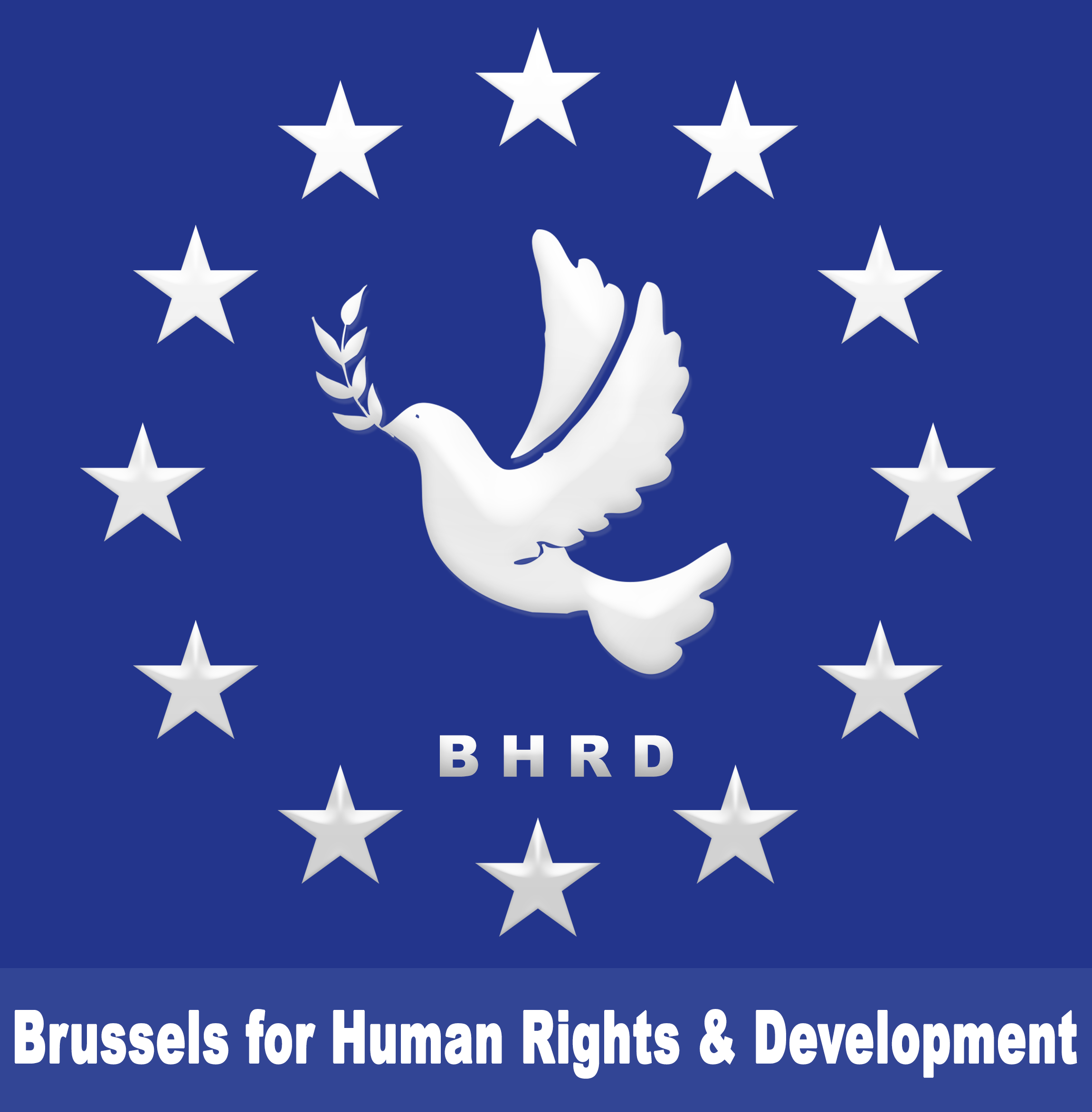

 العربية
العربية